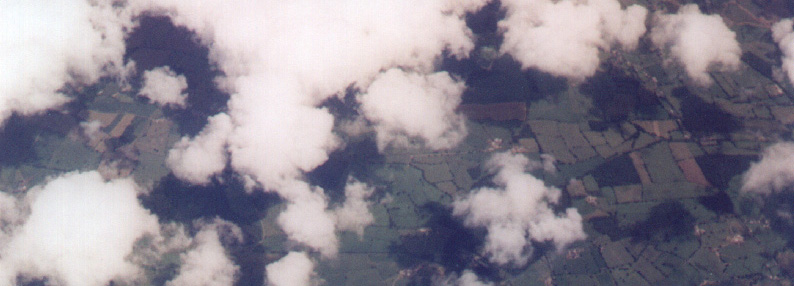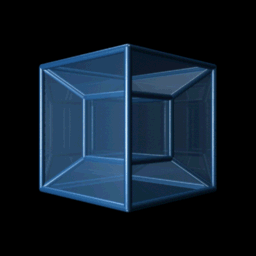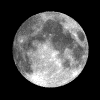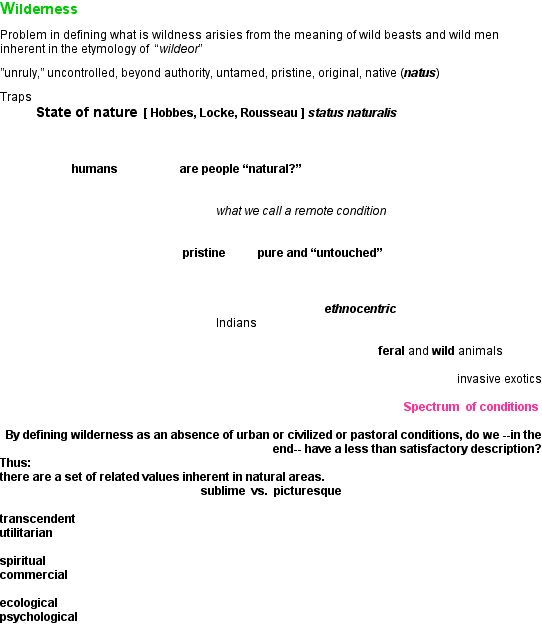
Access to site
"Given the limits of the earth, what should people know and how should they learn it?"
Wild as an inherent quality of biological existence made an impression on
Frederick Law Olmsted who wrote:
“the enjoyment of scenery employs the mind without fatigue and yet exercises it; tranquilizes it and yet enlivens it; and thus through the influence of the mind over the body, gives the effect of refreshing rest and reinvigoration of the whole system.”
There was a need to slough off the tensions and cares of civilization, California and the Yosemite Commissioners, Olmsted concluded, had a “duty of preservation.”
Discerning among preservation, conservation, protection and ongoing sustained use requires a–
Bridging of the gap between ecological literacy and widespread cultural norms, social traps, or commercially mediated information that forms the gulf of indifference.
"Economic development has been a largely crisis driven process that occurs when a society outgrows it resource base."
Current situation | contributing factors | tools | goals | television | statistics | literacy
![]()
A gulf of indifference persists between people & wild animals
"An ecosystem is any group of plants, animals, and non-living things interacting within their external environment."
"Ecosystems may seem to be independent units that interact very little with their external environment. . . . In fact, the earth itself is an ecosystem commonly referred to as the eco-sphere or biosphere."
We have lost contact:
Grounding our nation's past in places, situations, vegetation, wildlife, & fisheries.
Meaning escapes us because we are distracted, divorced from context, & distrait. 1.
cultural norms | social traps | commercially mediated information
cultural norms,–inherited ways to live & cope with loss
In any serious philosophical analysis of Orr’s theory, people must overcome the perspective of crisis.
"By extending Orr’s ecological literacy with biophilia and ecojustice and by recognizing the importance of experience-in-learning, science education is envisioned to incorporate values and morals within a longer term ideology of educational reform."
Cultural Studies of Science Education
Volume 6, Number 1, 193-221, DOI: 10.1007/s11422-010-9274-6
A philosophical analysis of David Orr’s theory of ecological literacy: biophilia, ecojustice and moral education in school learning communitiesDebra B. Mitchell and Michael P. Mueller
From the issue entitled "GLOBALIZATION AND SCIENCE EDUCATION: GLOBAL AND LOCAL ISSUES"
Yet other critics argue that crisis refers to a turning point–and like ecological tipping points–the term is appropriate.
cultural norms | social traps | commercially mediated information
![]()
social traps are assuring that our future is "organizing for failure"
- technological fix • sewers, tall stacks on coal plants, & pesticides.
- agency capture • special interests have a particular skill to trade.
- they promote •their private good at the expense of public lands.
- market solutions • price water for what it costs to keep clean.
- privatize • sell the state & national parks, prisons, armies, etc.
- perverse incentives • promote the very thing we don't need.
- runaway intent • highways funded by use fees, vice taxes promote peril.
- education • fragmented, ethically wanting, & amounts to brainwashing
"My point is simply that education is no guarantee of decency, prudence, or wisdom. More of the same kind of education will only compound our problems. This is not an argument for ignorance, but rather a statement that the worth of education must now be measured against the standards of decency and human survival - the issues now looming so large before us in the decade of the 1990s and beyond. It is not education that will save us, but education of a certain kind."
cultural norms | social traps | commercially mediated information
![]()
In America information is not widely affordable because we are "selling what we need to understand."
- wild has become widely threatened
- but we don't know that because:
- TV entertains
- It sells us clean coal
- Claims we can purchase ecological cars
- zero emission homes
- We do not have a language to protect our assets
- fighting cancer
- combat global warming
- sustainable production
- nature is seen as merely recreational
![]()
Wilderness and human endeavors
Can we protect our way out of the mess we are creating?
That is where you come in.
Wood was replaced by charcoal in 1700s and whale oil was replaced by petroleum 1880s.
"most students graduate without any broad integrated sense of the unity of things."
David Orr.
"Teaching kids to take care of the Earth,"
 |
Four dimensional square: wilderness has four dimensions. |  |
 |
||
What will we need to examine?
• analyzing contrasting views.
• synthesizing ways to protect wildlife sanctuaries.
Orr, Ecological Literacy; a research agenda:
We must understand, analyze, and evaluate: "Humans as forces in nature."
p. 163.
"The problem lies in their underlying values and assumptions
"the paradigm of 'human exceptionalism' which states that humans are above nature."
p. 166.
The Bureau of Labor Statistics sponsors a survey of how Americans spend their time:
http://www.bls.gov/news. release/atus.nr0.htm
![]()
Meaning of terms:
1. distrait, innattentive, preoccupied with something so as to miss the point, unfocused.
2. We are at war with nature.
A number of people, from William James to Dave Foreman and Vandana Shiva, have suggested that humans are at war with nature.
Are We at War with Nature?, Derek D. Turner. Environmental Values 14 (2005): pages 21-36.
3. Wild as a double word. It means a variety of things to people:
A discussion of the challenges of commercial television as a learning media:
"…if your child is typical, TV is playing a very big role in their life. Here are some key research findings to keep in mind. . . "
California State University at Northridge
"Number of 30-second TV commercials seen in a year by an average child: 20,000.
Number of TV commercials seen by the average person by age 65: 2 million."
Compiled by TV-Free America
1322 18th Street, NW
Washington, DC 20036
"TV-Free America was a national nonprofit organization that was founded in 1994 to raise awareness about the harmful effects of excessive television-watching and encourage Americans to reduce the amount of television that they watch--and replace TV time with activities that lead to more literate, productive lives and engaged citizenship."
![]()
Examine how organizations promote ecological literacy in these subjects:
The level of carbon dioxide saturation
Ties to this page:
Start | The current situation | cultural norms | social traps | commercially mediated information | goal
Links to the class site:
Roderick Nash | Stegner | Dillard | Margulis | Ecological Literacy | Leopold | McKibben | Williams






